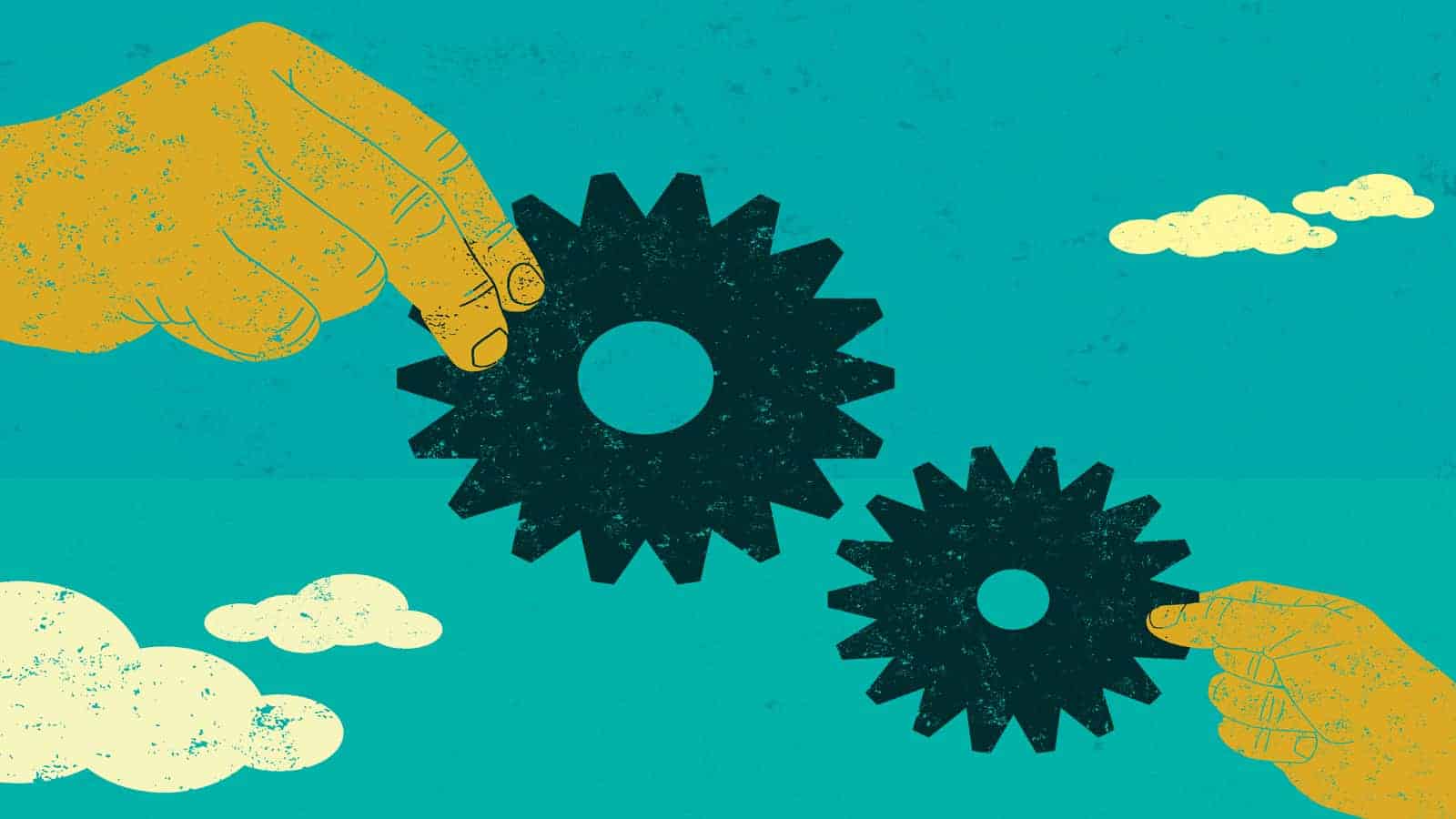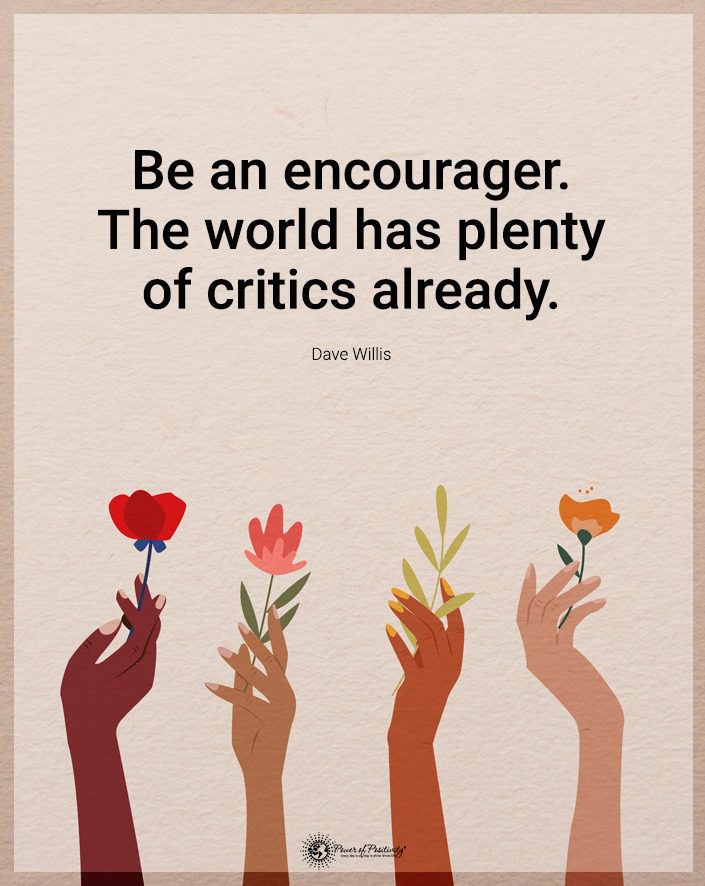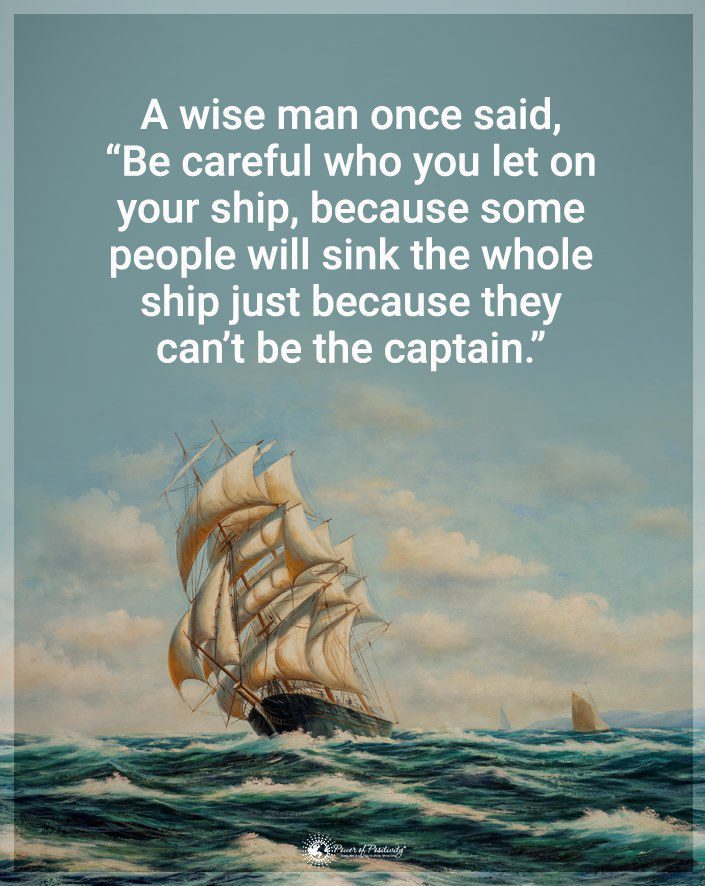They always say that teamwork makes the dream work, but have you ever stopped and considered why collaboration is much better than the competition? Have you ever seen a one-person band at a circus or talent show?
One person is trying to do multiple things in hopes of entertaining the crowd. However, it’s a lot of stress to put on that individual trying to do it all. Now, instead of playing the drums, a harmonica, and all the different instruments by themselves, what if they had help?
A band can make a much better sound than one individual. It would reduce the musicians’ workload and produce a more pleasant experience for the crowd. No one can give 100 percent when they’re trying to multi-task and are distressed, but with some help, the options are endless. Teamwork works the very same way.
You’re very limited when you try to do it all independently, as you’re only one person. Now, when you add another person or maybe a lot of people to the mix, your abilities suddenly increase. Collaboration allows you to go further and do more in life, so why would you want to go it all alone when there’s help available?
7 Reasons Why Collaboration Is Better Than Competition
Some people prefer to work alone, but something beautiful can occur when you stop competing against others and learn to join forces. Here are some reasons why collaboration is always better than competing in work, social circles, and home.
1. Teamwork Boosts Skillsets
When you collaborate with other businesses, you’ll end up acquiring their skill set, and they yours. This new knowledge can make a huge difference in your ability to get your product to market faster because you can outsource the stuff you can’t do and vice versa. Thus, it boosts the capabilities of both of your businesses.
When you bring someone else onto your team, you increase the skillsets. For instance, you might not be the best typist in the company, but you’ve added to your abilities when you add an administrative pro that types 80 wpm. Having this person on your team means getting things out quickly because they can help with a faster turnaround.
Now, what if you added a person who had marketing, another one who had customer service experience, and so on. How much better could you make your team? The skills that you lack can be made up through others that join your alliance.
2. Collaboration Might Lower Expenses
Planning significant events come with lots of costs. However, if you have people alongside you who are helping to plan and organize, you can accomplish more and save. Take, for instance, a wedding.
Assume your child is getting married soon, and you’re planning the nuptials. If the bride and groom’s families don’t work together, it could end up costing way more in the long run. You’ve seen it too many times that the families are feuding and want little to do with one another.
However, how much money could they save if they pool their resources and connections? Perhaps the groom’s mother has a family member who bakes wedding cakes, which could significantly save. The only problem is that the other party won’t know unless they communicate.
The stress level isn’t as overwhelming when you work together, and the financial matters can split up equally. While the bride’s family traditionally pays for the wedding, times have certainly changed.
3. It Intensifies Brainstorming
You have a unique mindset that stems from your experiences. However, the person next to you has walked a different path with diverse learnings, so they don’t view things the same as you. The good news is that when you bring the two of you together, you can brainstorm and come up with better ways to get things done.
Have you ever put together a crossword puzzle? Puzzles can be pretty challenging, and it can sometimes be hard to find that one piece that should fit into the specific location. Nevertheless, when you bring in another person, they can often see things through different lenses.
They may be able to pick out that one puzzle piece that you’ve overlooked tons of times. Collaboration makes things go faster and brings new and fresh ideas to the table.
4. Collaboration Enhances the Creative Process
Rivalry reduces your creative processes because it’s difficult to produce things you have no clue about. Consequently, when you work with your competitors, it gets those creative juices flowing. Remember, two minds are always better than one.You have likely heard of the household brand of products, Procter & Gamble. But you might not know the story behind the large corporation.
The founders were brothers-in-law. They did not know each other when they immigrated to the United States. In fact, they met only after they married a pair of sisters from Ohio. Procter, a candlemaker from England, and Gamble, a soapmaker from Ireland realized that they could pool their resources and partner to build a cohesive brand. As they grew, they brainstormed to add other products to their line-up. Today, their company has worldwide name recognition.
5. Collaboration Increases Quality
If you’ve ever worked in a quality assurance department, they operate on the theory that another set of eyes on the outcome enhances the finished product. Assume you worked in a factory that made pizzas. Your job was to pull any pizzas off the line that looks lackluster and isn’t up to the company’s standards.
It would be a massive job for one person so that the team would have many players. The more eyes you have on an item, the better it will be. A company is counting on you to catch any errors before their final product heads to the marketplace.
Have you ever got something from the grocery store that wasn’t thoroughly checked by the assurance team? Do you know that these assurances are in place to protect the company from liability? While you may not be running a manufacturing line, it can be just as important to have someone else check things over.
6. Teamwork Reduces Tension
The workforce can be a competitive place. If every employee is constantly watching over their shoulder and trying to be better than the one sitting next to them, it can be a counterproductive environment. Sure, a little bit of healthy competition is okay, but you need to work with your fellow worker and not against them.
Change the way you look at those you work with each day. Rather than seeing them as your competitors, why not look at them as someone who can complement and add to your work. Don’t you all have the same goal anyway?
Whether you work in accounting and them in the sales department, you’re both still trying to do the greater good for the company. Learning to work together instead of competing with one another can change an entire business for the better.
7. Collaboration Builds Bonds
If you’ve ever dropped your child off at a daycare center, you’ve probably heard them sing the song “Clean Up.” This cute little jingle is meant to motivate the young ones that everyone must do their share. It teaches children from an impressionable age that they cannot do things alone and everyone must pitch in to help.
A three-year-old child would look at a messy playroom and be overwhelmed if they had to clean it all alone. However, when you add two or three more kids to the mix to help, the task no longer seems overwhelming. Additionally, they learn that they can help each other complete large tasks.
As much as adults mature and grow, it’s still about these basic things you learn in your formative years. A study mentioned in Forbes Magazine stated that 55 percent of employees would go to their peers for advice. To ask someone for advice on life or work means that you trust them.
When you work side-by-side with folks, you build bonds that are not easily broken. How much better would the companies around the country be if people started viewing each other as equals and collaborating with them rather than viewing them as a competitive threat?
Final Thoughts On Reasons Collaboration Is Better Than Competition
The significance of collaboration is vital in today’s multidisciplinary culture. In previous decades in the workforce, folks were required to do repetitive work on a production line. Sadly, it didn’t give them many opportunities to work with their fellow workers, which means their need for teamwork was less.
However, most of today’s jobs require that you network with people both in and out of your profession. Collaborating with your fellow employees as well as those from other businesses makes you a better person. You can learn new things, share ideas, and watch the growth and successes multiply.
Almost every aspect of running a business requires people to have a diverse skill set. A company is only as strong as its weakest members, so it depends on the stronger ones to take the rookie under their wing and show them the ropes. As the old children’s song says, “When we all work together, how happy we’ll be.”

















 Community
Community

